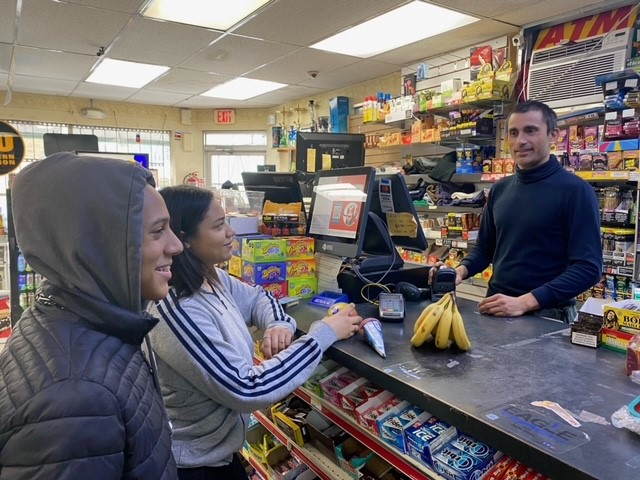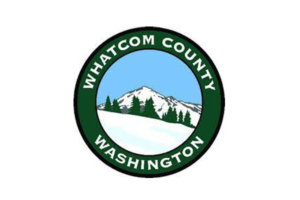Manchester is the most populous city in New Hampshire and northern New England (which includes Maine, New Hampshire, and Vermont). As of the 2020 census, it had a population of 115,644 people.
In 2022, the Manchester Health Department conducted a community health needs assessment and found that more than 91 percent of Manchester residents surveyed said that it is “very important” for Manchester to take action to increase access to healthy, affordable food sources, including addressing health conditions such as obesity and diabetes, lack of access to fresh fruits and vegetables, and food deserts. Over one in ten residents (11.3 percent) reported having trouble accessing food/meals in the past three years.
Food insecurity in Hillsborough County (home of the City of Manchester) is more prevalent than in the rest of the state. Overall, the food insecurity rate in Hillsborough County is 8.5 percent compared to 7.0 percent in New Hampshire. Food insecurity in Hillsborough County is also experienced differently across various racial and ethnic groups. Compared to the White, non-Hispanic population, Hispanic populations are the most vulnerable, with rates of food insecurity three to four times higher; Black folks are also at higher risk, with food insecurity rates twice as high.
Their Opportunity
The Manchester Health Department was determined to address these food access challenges in the community using awarded American Rescue Plan Act (ARPA) funds to assist. They partnered with the Manchester Food Collaborative (MFC), a coalition of community partners with a mission to increase food security through sharing resources, expanding equitable access, providing nutrition education, reducing food waste, eliminating stigma, and empowering communities to shape the local food system. Together, they recognized the need for a “roadmap” to guide their food access efforts and to prioritize the actions with the largest potential impact.
Partnering with New Venture Advisors
In June 2022, the Manchester Health Department contracted with NVA to assist with developing the Manchester Healthy Food Access Plan. NVA worked with Health Department staff and the MFC partners to assess the current food access landscape, including a widely distributed community survey and roundtable discussions hosted at partner sites throughout the city.
The final Manchester Healthy Food Access Plan distilled healthy food access objectives and strategies from direct community input from the survey and roundtable discussions. The Manchester Food Collaborative and Manchester Health Department validated the plan to create a framework for implementation. The plan’s final short-term and long-term strategies present a roadmap of specific policy and program recommendations to improve access to healthy food in the City of Manchester.
Some of the plan’s prioritized strategies included:
-
-
- Expand farmer’s markets into USDA-designated low-access/ low-income neighborhoods
- Assess the distribution and utilization of the current community gardens in the City of Manchester
- Strengthen the Manchester Health Department’s existing Healthy Corner Store program
- Expand outreach and vendor/retailer enrollment in SNAP Double up Food Bucks Program
- Partner with Manchester schools to promote and expand the Summer Meals program to additional locations through low-access/low-income neighborhoods
- Partner with Manchester schools to create and/or enhance school-based food access sites (i.e., school-based pantries or food distribution pop-up events)
- Increase enrollment in food access programs (i.e., SNAP and WIC) through increased outreach and application assistance
- Conduct an assessment of the current food offerings at community partner pantries and City-operated facilities to determine the cultural appropriateness and relevance of the food offered
- Set a target for the City of Manchester to establish transit stops within one-fourth mile of each food access point
- Partner with Manchester schools to increase Farm-to-School and nutrition education programming
- Collaborate with Emergency Management to ensure that emergency planning includes food access considerations
-
Moving Forward
The Healthy Food Access Plan will serve as a guiding document for the City of Manchester through July of 2026, with implementation initially funded through ARPA funds. Implementing each strategic recommendation will require action from the listed partners and additional city stakeholders.
The Manchester Health Department will serve as the principal implementation partner for the Healthy Food Access Plan, including the following:
-
- Convening relevant partners to pursue prioritized recommendations
- Identifying funding and resources available for implementation
- Coordinating or delegating work on specific action items for various recommendations
- Assessing progress against the plan’s recommendations
Successful implementation will depend on the work of the many stakeholders in the Manchester food system and continued community engagement. Community involvement will help ensure equitable processes and sustainability of the developed practices and programs.
Photo Courtesy of Machester Health Department



